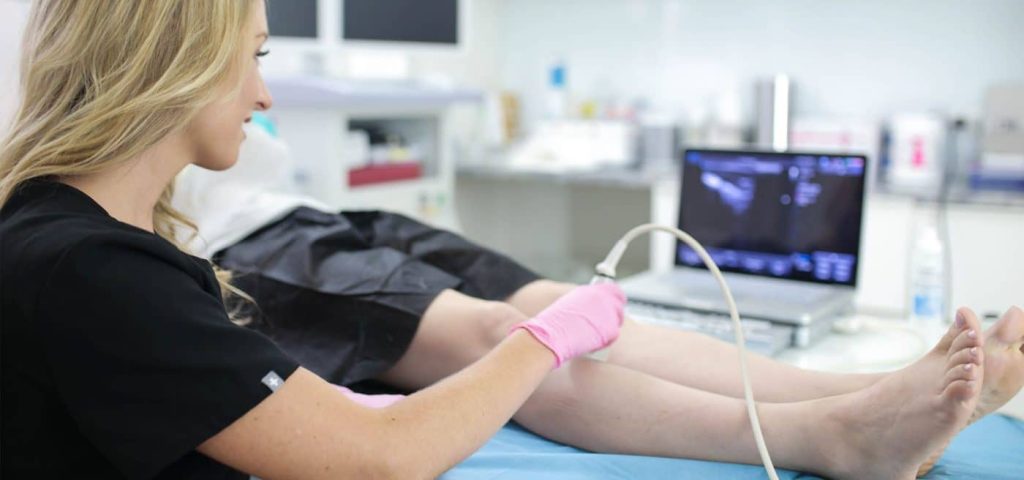What doctor treats varicose veins are a common vascular condition that affects millions of people worldwide. These enlarged and twisted veins can cause discomfort, pain, and cosmetic concerns for those who suffer from them. If you’re dealing with varicose veins, you’re likely wondering about the treatment options available and whether your insurance will cover the expenses. In this article, we’ll delve into the topic of varicose vein treatments, the specialists who treat them, and the factors that influence insurance coverage.
What Doctor Treats Varicose Veins?
To determine the right treatment for your varicose veins, it’s essential to consult with the right medical professional. Typically, the following types of doctors and specialists can help you address varicose vein issues:
- Vascular Surgeons: Vascular surgeons are medical doctors who specialize in diagnosing and treating conditions related to the vascular system, including veins and arteries. They are well-equipped to handle varicose veins and other vascular disorders. These specialists can perform various treatments, including minimally invasive procedures like endovenous laser treatment (EVLT) and radiofrequency ablation (RFA), or traditional surgical interventions when necessary.
- Phlebologists: Phlebologists are doctors who specialize in the diagnosis and treatment of vein disorders. They often have specific training in venous medicine and may be part of a phlebology practice. These specialists are well-versed in the latest vein treatment options and can provide personalized care for varicose veins.
- Interventional Radiologists: Interventional radiologists are medical professionals who use imaging techniques like ultrasound to guide minimally invasive procedures. They can perform treatments such as sclerotherapy and endovenous thermal ablation to address varicose veins. Their expertise lies in using advanced technology to treat vein issues with precision.
- Dermatologists: Dermatologists primarily focus on skin conditions, but some also specialize in cosmetic dermatology and may offer treatments for varicose veins. While they can provide certain cosmetic procedures like sclerotherapy, it’s advisable to consult a vascular specialist for comprehensive care.
- General Practitioners (Primary Care Physicians): Your primary care physician can be a valuable starting point for addressing varicose veins. They can assess your condition, provide initial guidance, and refer you to a specialist if necessary. However, for more advanced treatment options, a specialist’s expertise is often required.
Varicose Vein Treatment Options
Once you’ve consulted with a medical professional, you can explore various treatment options for varicose veins. The choice of treatment depends on the severity of your condition, your overall health, and your doctor’s recommendations. Some common varicose vein treatment options include:
- Compression Stockings: Mild cases of varicose veins can often be managed with compression stockings. These special socks apply pressure to your legs, helping improve blood flow and reduce discomfort.
- Sclerotherapy: Sclerotherapy involves injecting a solution into the affected veins, causing them to collapse and eventually fade away. It is an effective treatment for smaller varicose and spider veins.
- Endovenous Laser Treatment (EVLT): EVLT is a minimally invasive procedure that uses laser energy to close off varicose veins. It is effective for larger veins and can be performed as an outpatient procedure.
- Radiofrequency Ablation (RFA): RFA is another minimally invasive procedure that uses heat generated by radiofrequency energy to seal varicose veins. Like EVLT, RFA is an outpatient procedure with a high success rate.
- Venous Stripping and Ligation: In more severe cases, surgical procedures like venous stripping and ligation may be necessary. These involve the removal or closure of the affected veins through traditional surgical methods.
- Ambulatory Phlebectomy: Ambulatory phlebectomy is a surgical technique that involves the removal of varicose veins through small incisions. This is usually performed for larger, surface varicose veins.
- Foam Sclerotherapy: Foam sclerotherapy is a variation of traditional sclerotherapy where a foam solution is injected into the veins. It is often used for larger veins or veins that are difficult to treat with standard sclerotherapy.
Are Varicose Vein Treatments Covered By Insurance?
Are Varicose Vein Treatments Covered by Insurance, whether or not varicose vein treatments are covered by insurance can vary widely based on several factors:
- Medical Necessity: Insurance providers typically cover varicose vein treatments when they are deemed medically necessary. If your varicose veins are causing pain, discomfort, or complications like skin ulcers, your treatment is more likely to be covered.
- Diagnostic Tests: Some insurance plans may require specific diagnostic tests, such as ultrasound imaging, to confirm the medical necessity of varicose vein treatment. Make sure to follow your insurer’s guidelines for pre-approval.
- Insurance Provider and Plan: Different insurance companies and plans have varying policies regarding varicose vein treatments. Some may cover a portion of the expenses, while others may cover the entire cost, subject to deductibles and co-payments.
- Conservative Measures: Insurance providers may require that you first try conservative measures, such as wearing compression stockings and making lifestyle changes, before authorizing more invasive treatments.
- In-Network Specialists: Staying within your insurance network can also impact coverage. Visiting specialists and facilities that are in-network can result in lower out-of-pocket expenses.
- Pre-authorization: Some insurance plans require pre-authorization for varicose vein treatments. It’s essential to contact your insurance company to understand their specific requirements and obtain any necessary approvals.
Conclusion
In summary, varicose veins can be treated effectively by various specialists, including vascular surgeons, phlebologists, interventional radiologists, and dermatologists. The choice of treatment depends on the severity of the condition and your doctor’s recommendations. When it comes to insurance coverage for varicose vein treatments, it’s crucial to understand your specific insurance plan, its policies, and the medical necessity criteria. Consulting with your healthcare provider and insurance company can help you navigate the process and make informed decisions about your varicose vein treatment options. Ultimately, addressing varicose veins can lead to improved health, comfort, and a better quality of life.
